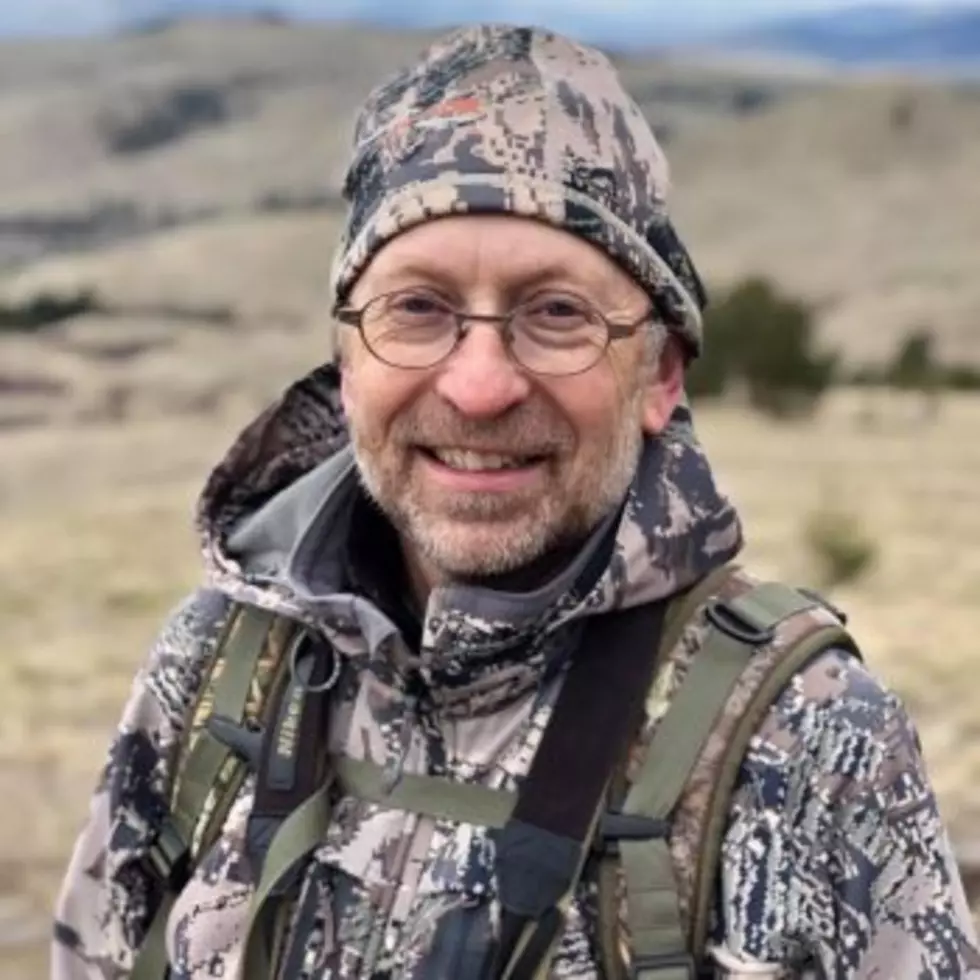
Dave Strohmaier: The politics of being native
When it comes to politics, Montanans like to use the words “native” and “generation.” A lot. And we’re in good company. As national, state, and local political campaigns are in full tilt across the country, you’ve undoubtedly heard candidates on both sides of the aisle boast, “I’m a third (or fourth, or fifth) generation native” whatever.
This isn’t anything new, and the message is far from subtle: the longer you live in a location the more native you are to it and therefore the more qualified you are to represent it in elected office. But is it really the case that length of tenure in a place, or length of tenure of your ancestors in a place, inexorably leads to a superior ability to represent and legislate for that place?
First, a confession. Having served, and currently serving in elected office, I too have laid claim to my ancestry and roots as evidence that I’m not merely some opportunistic, job hunting carpet bagger seeking personal enrichment and power but rather someone who is here for the long-haul, trying to leave my community better than how I found it.
Indeed, my German-Ukrainian grandparents moved to Northeast Montana in the 1910s where they homesteaded a chunk of prairie near Vida, south of Wolf Point, but failed to eke a living off the land and ended up moving to Oregon in the 1920s. On the other side of my family, in the 1890s, my German immigrant great grandfather operated a butcher shop in uptown Butte, Montana, before being arrested and convicted of cattle rustling to supply his shop with beef. He died while serving time at the Montana State Prison in Deer Lodge, and shortly thereafter his wife and kids moved to the Pacific Northwest. In a homecoming of sorts, my wife and I moved to Missoula, Montana, in the 1990s, where we’ve lived ever since.
To be fair, the tenure argument is not completely without merit, which explains its popularity among politicians and why it has such staying power with the electorate. I do feel a special connection to the landscape in knowing that my ancestors lived and died here, and that my dad and both my kids were born here (where, admittedly, the “here” is a political boundary that has been superimposed on the landscape). But let’s be honest, some of my forebears were scoundrels and not necessarily model land stewards.
By extension, is it really the case that my 14- and 16-year-old kids are better caretakers of this place than I am simply by virtue of the fact they sucked in their first breaths in Big Sky Country even though they’ve lived here a fraction of the time I have? I think not.
Length of tenure is neither a necessary nor sufficient condition to knowledge of or care for a place. We’ve probably all seen examples of where living close to the land did not guarantee respect for the good earth any more than it guaranteed development of Golden Rule-like virtues of loving one’s neighbor as oneself. In some cases, this sort of ruralism and geographic tribalism devolves into just the opposite attributes of insularity, close-mindedness, shunning of diversity or openness to strangers, and unquestioningly viewing the land as a mere resource to use and, in some cases, abuse. Generation after generation.
Take the polarized politics of the West as another counterargument why length of tenure does not guarantee that we all arrive at the same conclusions regarding governance or policy. I know plenty of third- and fourth-generation Montana Republicans and Democrats who are poles apart politically—supporting Trump or Biden—so clearly having ancestry in a location for generations does not lead inexorably to a specific political ideology or world view. And something tells me that a dyed-in-the-wool conservative or liberal will more willingly support a newcomer (dare I say, even a carpet bagger) who holds their core values than vote for someone whose lineage stretches back generations but is perceived to be on the wrong side of the arc of history or party platform. And if we really followed our “native” logic to its ultimate conclusion, we’d elect more American Indian leaders, since, when it comes length of tenure, familial connections that stretch back thousands of years make a mockery of third- or fourth- or fifth-generation boasts.
Becoming truly native to a place requires intentionality and rootedness that transcends length of tenure. Living in a place for many years, or generations, may help cultivate intentionality and connectedness and a moral sense of stewardship, but it may also arise from choosing to make a place your home during your lifetime, regardless of where you were born, which none of us had a hand in deciding.
Being truly native entails learning the seasonal rhythms of a place and understanding the origin of traditions while being willing to question those traditions. This, and looking out for the well-being of future generations, is perhaps a better gauge of being native, or becoming native, than mere length of residency within township, range, and section lines that have little connection to the quality of how well we nurture the places where we reside. Of how well we sink roots into our communities and the landscape as an act of love and care.
Dave Strohmaier lives in Missoula and is on the Missoula County Board of Commissioners
